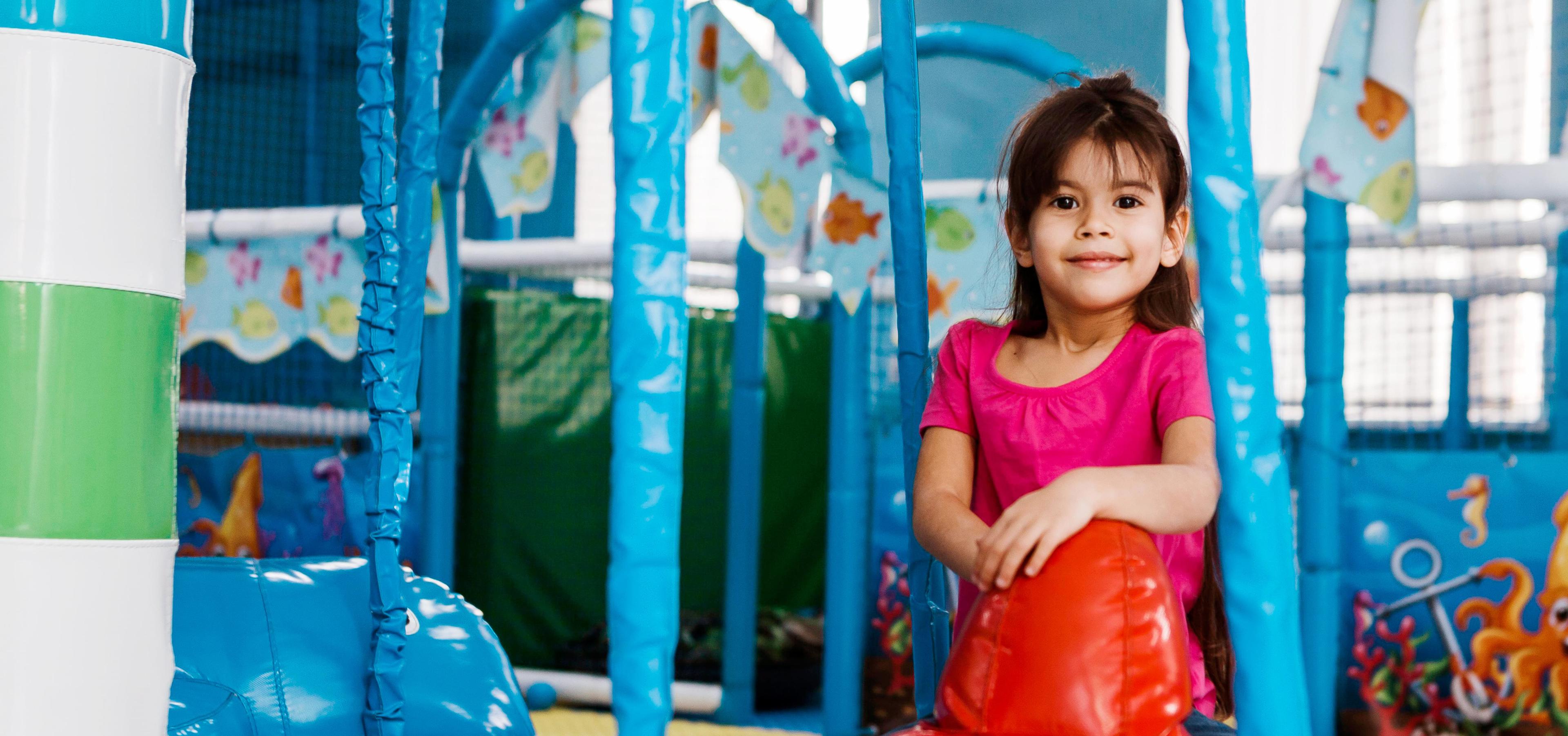In the Montessori approach, there is an emphasis on child-led learning and allowing children to explore and discover the world around them through play. This approach favours free play over organised activities, but both have their place in a child's development.
Organised Activities:
Organised activities can be beneficial for children as they provide structure and guidance. These activities can help children develop social skills, such as taking turns and cooperating with others. They can also introduce children to new concepts and ideas, such as learning a new skill or subject. Organised activities can include sports teams, music lessons, and after-school clubs.
However, it is important not to overload children with too many organised activities, as this can lead to burnout and stress. Children need time to relax and play freely, which brings us to the next point.

Free Play:
Free play is an essential part of a child's development. Through play, children learn about themselves and the world around them. They develop social skills, creativity, and problem-solving abilities. Free play can take many forms, such as imaginative play, building with blocks, or exploring nature.
In the Montessori approach, the environment is designed to encourage free play. Children are given the freedom to choose their activities and work at their own pace. They are also encouraged to explore and discover the world around them.
The Role of the Adult:
In both organised activities and free play, the role of the adult is crucial. In organised activities, the adult acts as a coach or instructor, providing guidance and support. In free play, the adult acts as an observer and facilitator, allowing children to explore and discover while providing a safe and supportive environment.
In conclusion, both organised activities and free play have their place in a child's development. Organised activities can provide structure and guidance, while free play allows children to explore and discover the world around them. In the Montessori approach, free play is favoured, but both are important. The role of the adult is crucial in both situations, providing guidance and support when needed and allowing children to explore and discover in a safe and supportive environment.

